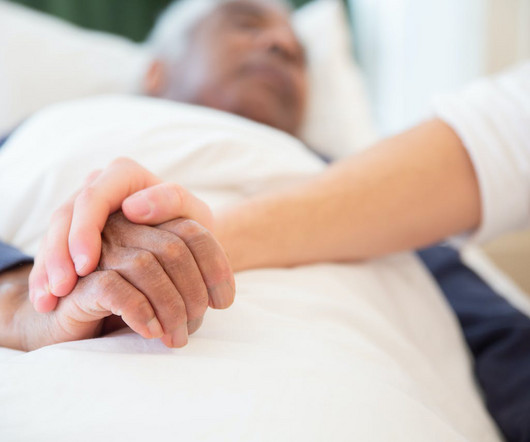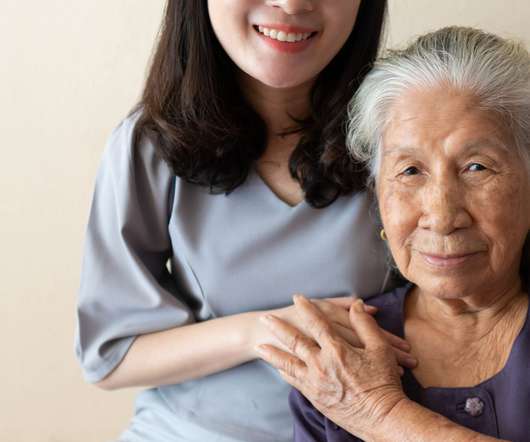How Hospices Can Improve Health Equity for Rural-Based LGBTQ+ Seniors
Hospice News
OCTOBER 11, 2023
Terminally ill seniors in these locales often experience higher levels of loneliness and isolation at the end-of-life due to a lack of nearby hospices or support from family caregivers. Evolving state laws represent a key challenge in striving toward more gender-affirming hospice care.













Let's personalize your content